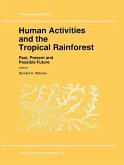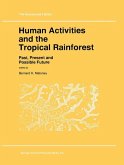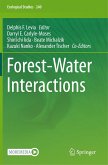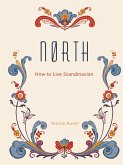This book describes the changing landscape of European forest ownership and explores the impact a new, often urban, generation of forest owners may have on the future of one of our most basic resources - forests. Forests have not played a major role in rural studies thus far, however they constitute an important part of many rural areas. Drawing on Swedish cases and comparison cases from various other areas of Europe, the authors present these 'new forest owners' as a pivotal factor in the changing relationships between urban and rural life. The chapters explore how forest production, the relationship to the environment, urban-rural relations and local communities have already changed as well as discussing what might be expected for the future.
A result of work in the Swedish research programme PLURAL and related projects, such as the EU Cost Action FACESMAP, this volume will be of interest to scholars of forestry and rural studies, as well as to researchers in environmental, population and globalization studies more broadly.
A result of work in the Swedish research programme PLURAL and related projects, such as the EU Cost Action FACESMAP, this volume will be of interest to scholars of forestry and rural studies, as well as to researchers in environmental, population and globalization studies more broadly.









